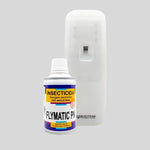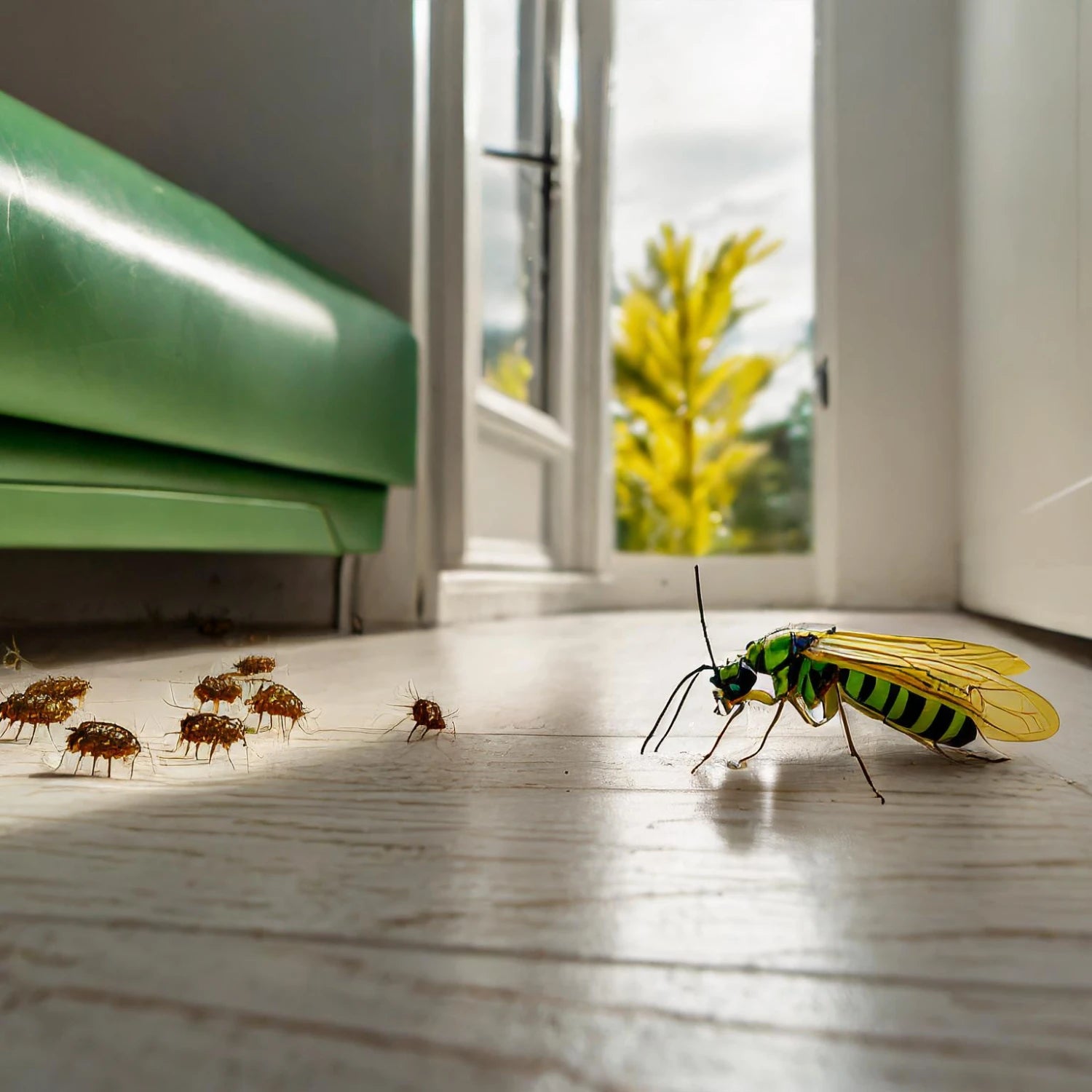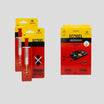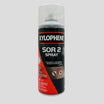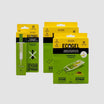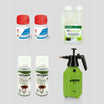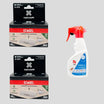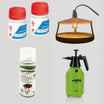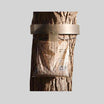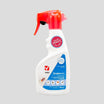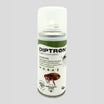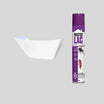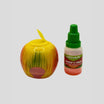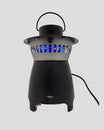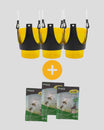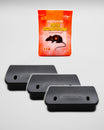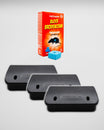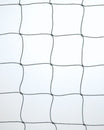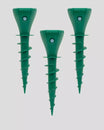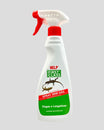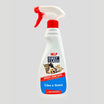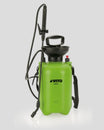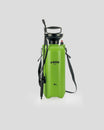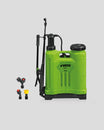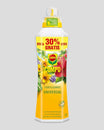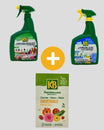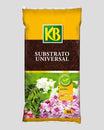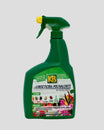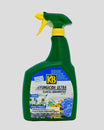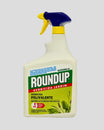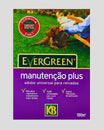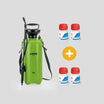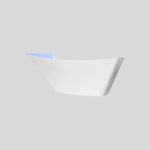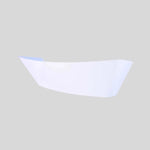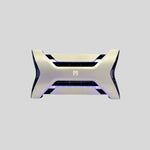Getting rid of flies can be a frustrating task, but there are several effective strategies you can adopt to reduce their presence in your home or environment. Here are some suggestions:
Discover our strategies for effectively eliminating flies:
✅ Regular cleaning
Keeping your home clean is one of the best ways to prevent and eliminate flies. Clean floors, countertops, and other surfaces regularly to prevent food scraps and other debris from accumulating, which attracts flies.
✅ Proper waste storage
Use trash cans with lids and keep them tightly closed. Be sure to empty and clean trash cans regularly to avoid odors that attract flies.
✅ Screens on windows and doors
Install screens on windows and doors to prevent flies from entering your home. Make sure the screens are in good condition and free from tears.
✅ Fly traps
Use sticky traps or UV light traps to attract and capture flies. These traps are an effective way to eliminate flies without the use of chemicals.
✅ Natural repellents
Some plants and essential oils, such as mint, lavender, eucalyptus, basil, and clove, have repellent properties that can help keep flies away. Place plants or essential oils in strategic locations around your home.
✅ Ventilation
Flies prefer stuffy places. Keep your home well ventilated to prevent them from getting too comfortable in your environment.
✅ Use of commercial repellents
There are specific fly repellents on the market, available in spray or electric devices. Read the manufacturer's instructions and use them according to the instructions.
✅ Water source control
Check that there is no standing water, as this can attract flies. Check that there are no water leaks in taps, pipes or household appliances.
✅ Insect infestation control
Flies feed on dead insects and decaying organic matter. Control the insect population in your home to prevent them from becoming a food source for flies.
✅ Consult a professional
If you are facing a serious fly infestation and the above strategies have not worked, you may need to call in a professional pest control service.
Remember that consistency is key to effective results. Use a combination of the above strategies to keep your home fly-free and make your environment less inviting to these unwanted insects.
Do flies cause disease?
Yes, flies can cause disease. Flies are vectors for a variety of diseases because they often come into contact with contaminated materials such as feces, garbage, and decaying food, and can then transfer these bacteria and pathogens to surfaces and food that humans come into contact with. Some of the diseases that flies can transmit include:
➡️ Diarrhea:
Flies can transmit several diarrhea-causing bacteria, such as E. coli, Salmonella, and Shigella.
➡️ Conjunctivitis:
Flies can carry bacteria and viruses that cause eye infections, leading to conjunctivitis.
➡️ Salmonellosis:
Salmonella is a common bacteria carried by flies and can cause food poisoning.
➡️ Typhoid fever:
Transmission of the bacteria Salmonella typhi by flies can cause typhoid fever, a serious disease.
➡️ Wound infections:
Flies can lay eggs in open wounds, which can lead to infections.
➡️ Cholera:
Cholera, a serious intestinal disease, can be transmitted by infected flies.
It is essential to maintain good hygiene, especially in areas where flies are common, to reduce the risk of diseases transmitted by these insects.
Recomended Products
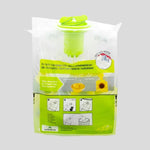
Fly trap - Outdoor use
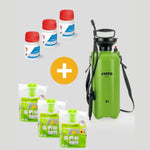
Kit to eliminate flies in the garden
